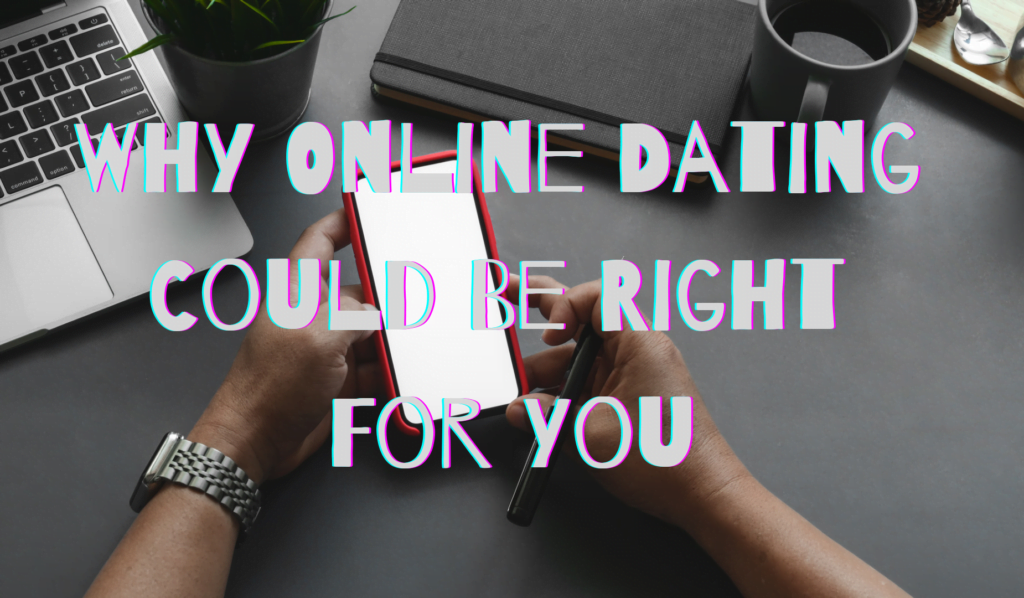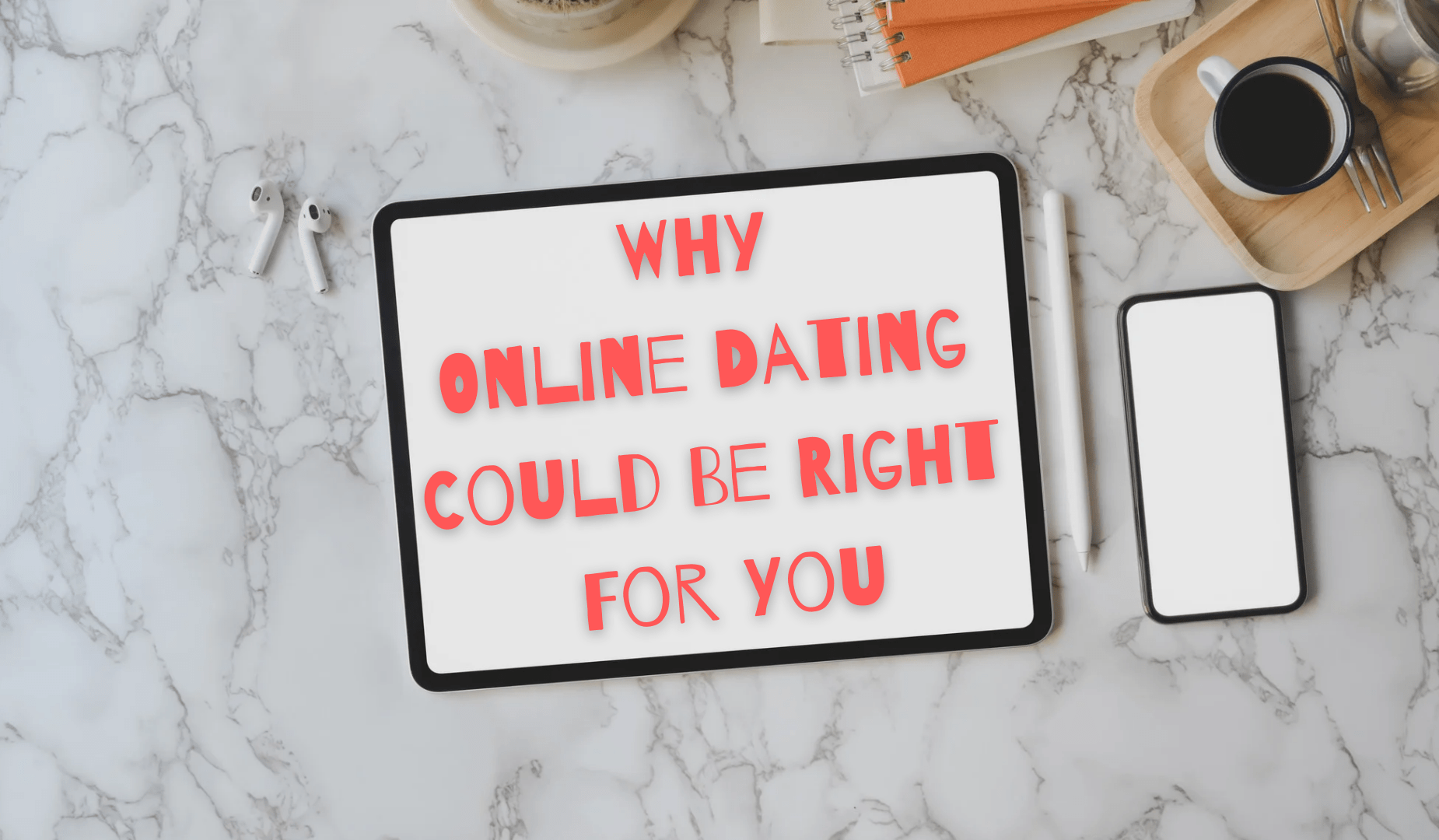You may not know it yet, but online dating platforms have grown in popularity in recent years. In 2013, only 11% of Americans said they’d used online dating platforms like Flingster before; by 2019, that number had increased to about 30%.
Most current relationships still start in the old-fashioned way, but there’s no denying that online dating is gaining acceptance among adults of all ages. About 12% of committed relationships and marriages began online.
At some point, some stigma may have been attached to meeting your romantic interest online, but that stigma is fading fast.
Just like attitudes towards things like cohabitation and sexual orientation, the overall opinion on using dating platforms is evolving. Currently, the general attitude is pretty ambivalent.
Around half of Americans don’t think that online dating platforms have either a negative or positive influence; about a quarter believe that they’ve mostly hurt relationships, while the remaining quarter (approximately) feels that they’ve had a mostly positive influence.
What about you? Maybe you’ve already been there and done that, or perhaps you’ve never tried online dating and are curious to know more. Either way, let’s dive into the details about online dating.
Why all the haters?
Unless you’ve been living under a rock, it’s hard to read anything about online dating platforms without hearing a few points about the drawbacks. Of course, that’s a part of any balanced discussion on the topic, but for some people, it’s just about all they can see.
Most counterarguments are something like this: “It’s too risky because you never know who you’re talking to “; “I saw a show on TV about romance scammers, and now I’m worried about what could happen”; and, most importantly, “meeting people online instead of in person cheapens the experience.”
Without digressing into meaningless generalizations, people who aren’t fans of online dating sites also tend to be somewhat resistant to other social changes, such as the idea of cohabitation without marriage.
Even so, look at how things have changed in the last twenty years—as American society has evolved, how people interact has also changed.
Sometimes, people oppose something simply because it’s unfamiliar—they met their significant other in such a context, so why can’t you? Other people are concerned that online dating makes substituting a single dating profile for social skills easy.
Some of these points are valid—for instance, many people probably aren’t using as many social skills to find matches as they would during in-person encounters—but this doesn’t mean that everyone should ditch online dating.
For many users, a dating platform helps them get out there and explore the options in a way they’d never have the courage to do otherwise. Like many other issues, some focus on what’s being lost, while others are excited to see where the change will take them.
Not surprisingly, younger adults are usually more open to new ways of doing things, which applies to finding romance just as much as anything else.
That isn’t just a cliché —statistics back it up. About 50% of Americans aged 18 to 29 have tried out a dating app or website at some point, while almost 4 out of 10 adults aged 30 to 49 have used a dating platform.
There’s plenty of diversity regarding age; dating platforms are also popular with users of all sexual orientations. One survey showed that people who identified as bisexual, gay, or lesbian were twice as likely to try online dating as their straight counterparts.
That’s not all – 20% of them ended up in a committed relationship or marriage with someone they met online, as opposed to 12% for online daters of all orientations.

What to know before signing up for online dating
Creating a profile on a dating platform might feel like ordering off an unlimited menu, but remember that there’s such a thing as being too picky.
Instead of looking for someone perfect, look for someone suitable for you – they’ll both make you happy, but one is much easier to find.
Set realistic expectations before you get into it. What are your dealbreakers? Are you prepared to receive explicit and unsolicited messages or pictures?
If you start getting odd messages, it won’t hurt to research some common scammer tactics to nip them in the bud. Here’s a hint: if they ask for money or offer too-good-to-be-true deals, it’s most likely a scam.
How online dating platforms advertise themselves is truly inspiring, but here are some statistics that could give you a better idea of what you’re signing up for. About 60% of online daters reported having a positive experience, which isn’t too bad considering all the variables.
Remember that “a positive experience” will mean different things to different people. For a small percentage, it means that they found true love and “happily ever after.”
Many people aren’t looking for that; many users want other things, like a fun and flirty evening at a new bar or someone to spend time with while vacationing for a few months.
Part of what’s missing in an online dating experience is the idea of that romantic first meeting, where you lock eyes from across the room and know that they’re the one.
Let’s be honest, though – it’s a fantastic daydream, but the chances of that happening are close to zero. Again, consider looking for the right person, not the perfect person.
Just like trying to find dates in person has advantages and disadvantages, using an online dating platform could involve a few bumps in the road, but that’s to be expected. At the very least, you can be confident you’ll find what you want if you do your part.
